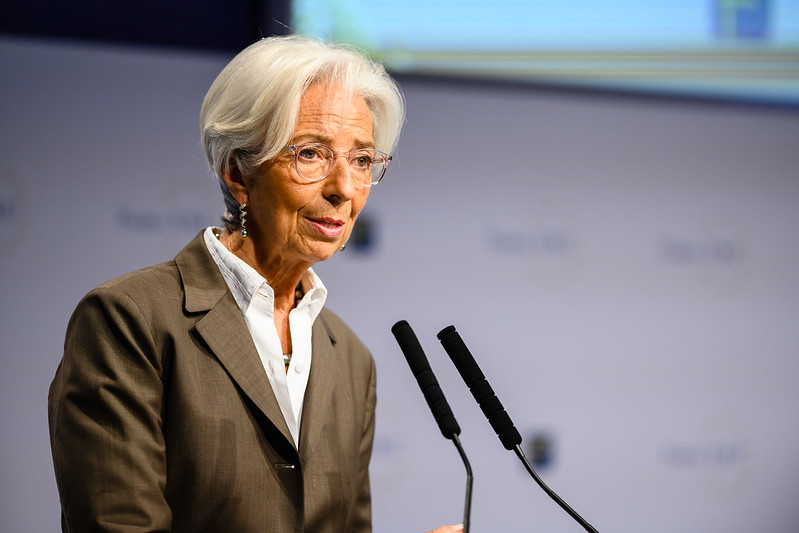So much thunder that it rained. For months now, analysts all over the world, the serious ones, the ones who are not biased, have been saying that the cost of money in the United States and Europe is excessive and would eventually affect not only growth but also the resilience of individual countries’ economies. The pattern is always the same, and it is also trivial: if you fight inflation with hard and pure monetary policy, and for too long, you will end up in recession.
The U.S. Fed did not keep its promise of cuts for 2024 because the Bidenecomic on the whole was holding but now it turns out it was a bubble instead, negative employment data and poor performance of big tech have sent stock markets halfway around the world crashing. Now, election or no election, Mr. Powell must bring the cost of money back to 3 percent by the end of the year.
The market needs liquidity. And Europe, always looking overseas, what will it do? The austere Ms. Lagarde, who took just a quarter point off that 4.5 that is a record of ignominy in the short history of the euro, what will she do? She will adjust certainly and immediately. Not least because the old locomotives of Europe, Germany and France, are in crisis. In contrast, the ever-troubled Italy led by the present bad center-right is holding up.
Also because let’s face it, and I am among those who have been saying this for a long time, with inflation at 2.5 there is no point in this harshness. For households, for businesses, for markets. Not having already lowered rates is a disgrace that has different motivations external to reaching that ideal 2 ideal of inflation that is formal fetish. Now that the world is shaking, however, you can no longer play the game, or else the overall thud will be more catastrophic than the Covid .
The article And now down rates comes from TheNewyorker.

